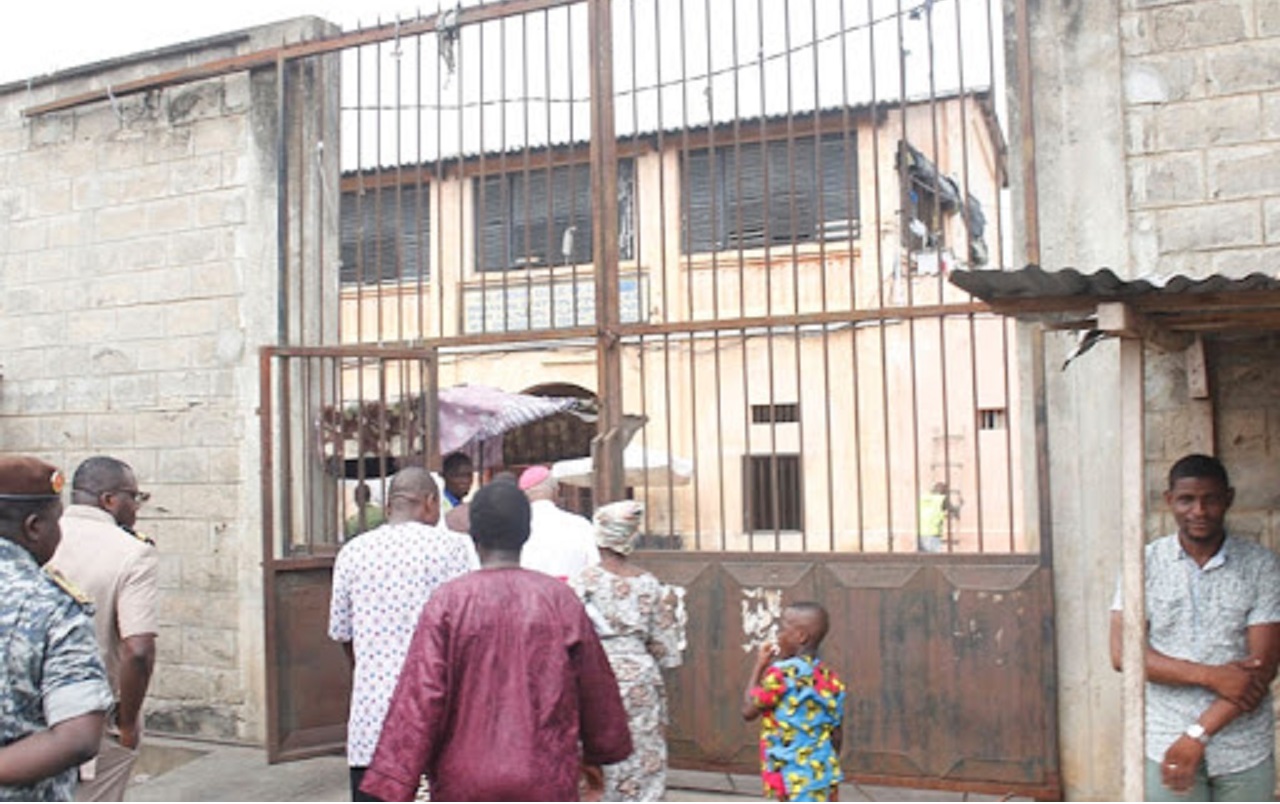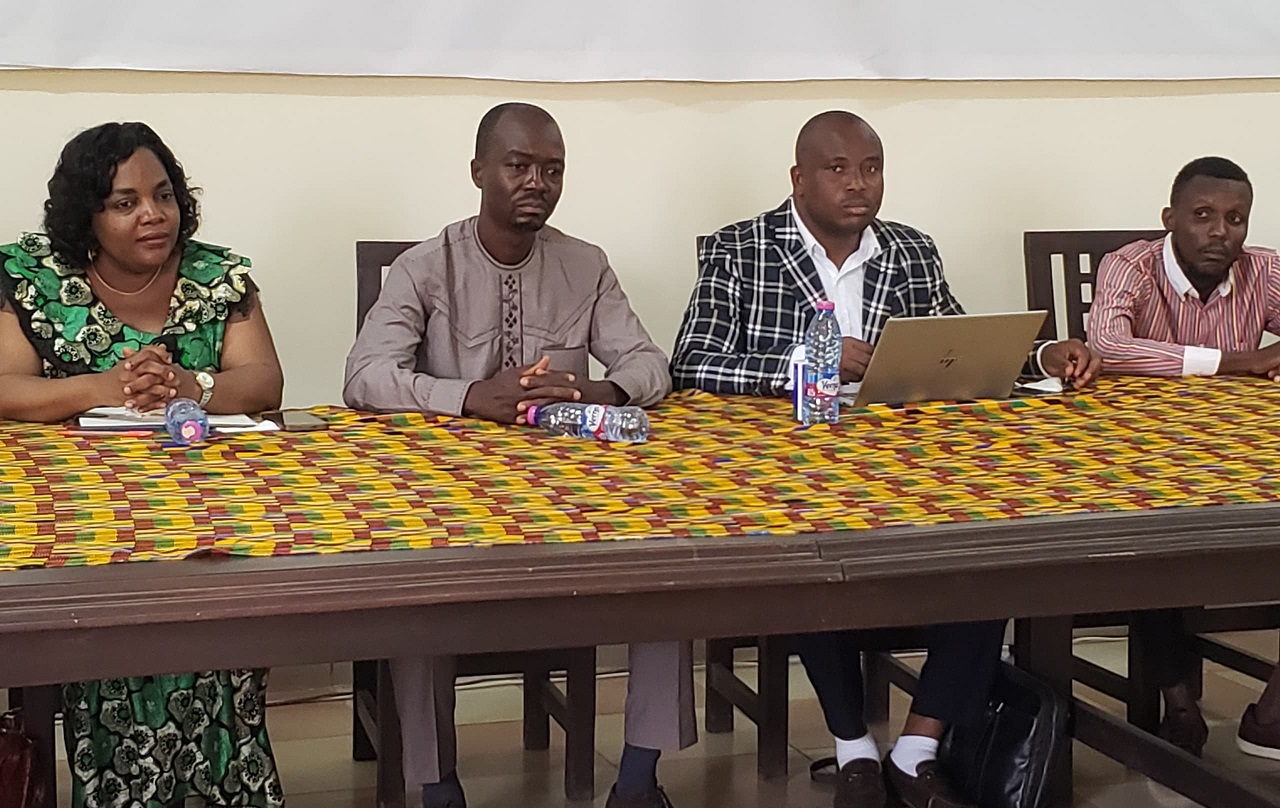The arrest of Togolese cyberactivist Sitsopé Sokpor, known online as “Affectio,” on January 12, 2025, has sparked various reactions from political figures and human rights organizations in Togo.
Reports suggest that Sokpor was detained under circumstances resembling a kidnapping, followed by a trap set by authorities. He was initially held at the national gendarmerie headquarters in Djidjolé, Lomé, before being brought before an investigating judge on January 14. The following day, Sokpor was transferred to Lomé’s civil prison.
Sokpor’s arrest has garnered significant attention due to accusations that he incited civil disobedience through his online posts. One of the most controversial was a poem titled “Fais ta part” (“Do Your Part”), in which Sokpor criticizes government oppression and calls for collective action to challenge the political system, which he describes as unjust.
Civil Society Organizations’ Response to the Arrest
Civil society organizations (CSOs) have reacted strongly to Sokpor’s arrest. In a joint statement signed by over ten organizations, they demanded Sokpor’s immediate release, calling his detention “unjust and illegal.” The CSOs emphasized that his arrest was not just an attack on his personal rights but on the fundamental freedoms of all Togolese citizens. “We call for the immediate and unconditional release of Mr. Sitsopé Sokpor Honoré, the human rights activist who has been arbitrarily arrested and detained,” the statement said.
The organizations also expressed concern about the violence that accompanied Sokpor’s arrest and the broader implications for freedom of speech in Togo. “We also deplore the violent nature of the arrest of our fellow citizen, Mr. Sitsopé Sokpor Honoré, an honest citizen, entrepreneur by profession, and father of family. Mr. Sitsopé Honoré Sokpor simply expressed his opinions peacefully regarding the difficult socio-economic situation that Togolese people are enduring, a situation that President Faure Gnassingbé himself acknowledged in his New Year’s message to the nation on December 31, 2024,” the CSOs added.
The organizations also criticized the role of the judiciary, particularly the prosecutor and the investigating judge in Lomé, accusing them of acting as instruments of the political regime. “They have become a true arm of the political power, constantly engaging, despite the emptiness of the cases, as is the case with Mr. Sokpor, in systematic detentions aimed at silencing dissenting voices and extinguishing counter-power mechanisms,” the CSOs stated.
Opposition Party’s Reaction
The opposition party, Dynamique pour la Majorité du Peuple (DMP), has also quickly condemned Sokpor’s arrest, labeling it as arbitrary and a direct violation of human rights. In a statement released on January 15, the party described the arrest as an “abduction” and accused the government of attempting to silence dissenting voices. According to the DMP, “The DMP condemns without reservation this police operation, which can be likened to an abduction, which is yet another serious violation of human rights, particularly freedom of expression.”
The DMP further argued that the arrest is part of a broader strategy to curb growing youth activism, particularly in response to the country’s worsening socio-economic conditions. “The DMP insists on the obligation of any government to guarantee and preserve without fail the democratic rights and fundamental freedoms of every citizen,” the statement read. The opposition party called for Sokpor’s “immediate and unconditional release,” highlighting what it views as a “dangerous ‘policy of terror’ aimed at silencing the increasingly mobilized and enraged Togolese youth, who are appalled by the deteriorating socio-economic fabric and a Togo with no future for them.”
Sokpor’s arrest has intensified the debate on freedom of expression and the growing use of repression in Togo. The Togolese government often justifies similar arrests by citing national security concerns, specifically the risk posed by messages that encourage civil disobedience. However, critics argue that the real motive behind the arrest is to suppress opposition voices and prevent the rise of a more engaged and vocal civil society.
Both political and civil society groups have called for changes to ensure greater respect for fundamental rights. The DMP and CSOs have expressed concern that increasing repression and criminalization of dissent could lead to further instability in the country. “It is time for the government to understand that the Togolese people, especially the youth, demand true democracy, social justice, transparency, and respect for human rights,” the DMP asserted in its statement.




